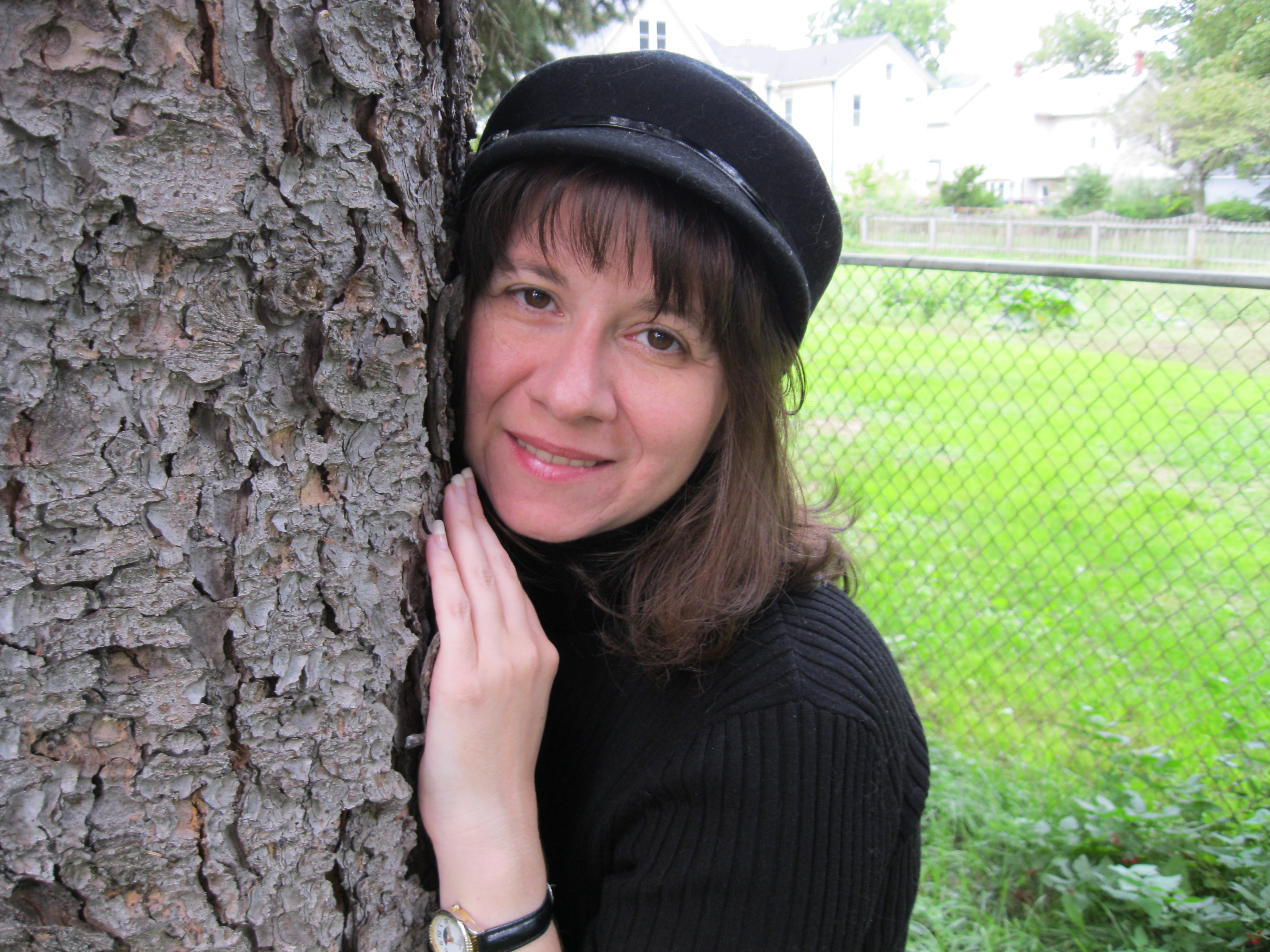Karen J. Weyant
A few years ago, after my mother died, I found a box of letters I had written when I had attended summer camp. The letters were written in lopsided cursive writing and contained numerous grammar and spelling mistakes which I made no apology. Furthermore, the content wasn’t very engaging: what I was learning, who I was meeting, what I was doing, all in terms of a sixth grader’s view of the world. Really, the most exciting thing I wrote about was the black snake that kept sliding into the swimming pool. In essence, these letters would hardly be considered works of art.
Still, my mother kept those letters, and now I have them. They are a memory of my mother, but they also represent a time when letters were an important part of our world. Surely, a dashed-off email or text message cannot convey the same feeling as a letter! The Suzy’s Bar & Grill found in my poem is not truly a single real place – more of a composite of locations that were dear to me but are now gone. I chose the epistolary form because I believe it’s the best form to encompass both memory and praise for places that no longer exists. The bar in my poem is truly personified by this form of poetry.
__________________________________________________________________________________________
Dear Suzy’s Bar & Grill,
When a local bar brawl hit the police blotter,
I thought of how that last summer,
you were our refuge, sheltering us
from our lives as Dairy Queen cashiers
and community pool lifeguards.
We bathed in your beer breath,
in your fluorescent Budweiser signs.
You never asked for ID, never told us
we should be saving our money for college.
You never even broke up the fights
we picked with the out-of-town girls,
the ones we felt sure were after our men.
In secret, you must have laughed at us,
all fake nails and hair teased stiff
with Aqua Net hairspray, strands
that never moved even when we danced
to Bon Jovi and Bruce Springsteen
on your tired old jukebox.
Oh Suzy, even then, I loved how you cradled
your namesake as she grew older, ignoring
the way her tight T-shirts rolled up her belly,
looking the other way when petals
on a botched flower tattoo peeked out
from the skin above her right breast.
You were sympathetic, calming her
in the soft glow of fluorescent lights,
when fists flew, and she was the one left
to clean up the spilled blood and booze.
But what I remembered most about that summer
was that the river strayed from its banks,
flooded you three times. We lived
with your soggy carpet, with floorboards
that sagged with each step, with the smell
of mildew and Jack Daniels.
Suzy, what I didn’t know then, but what
I know now is this: every time the waters receded,
they took a little more of you: bar napkins,
a few tattered menus, pieces of pool table felt,
even bits of the backdoor screen that carried bodies
of moths that had failed when they tried
to force their way through.
__________________________________________________________________________________________
 Karen J. Weyant's work can be read in 5AM, the Barn Owl Review, Cave Wall, Conte, The Sugar House Review and River Styx. She is the author of two poetry chapbooks, Stealing Dust (Finishing Line Press, 2009) and Wearing Heels in the Rust Belt (Winner of Main Street Rag's 2011 Chapbook Contest). Her poem, "The Summer I Stopped Catching Bees" was included in Sundress Publications' 2011 Best of the Net Anthology. She lives and writes in rural Pennsylvania, but teaches at Jamestown Community College in Jamestown, New York.
Karen J. Weyant's work can be read in 5AM, the Barn Owl Review, Cave Wall, Conte, The Sugar House Review and River Styx. She is the author of two poetry chapbooks, Stealing Dust (Finishing Line Press, 2009) and Wearing Heels in the Rust Belt (Winner of Main Street Rag's 2011 Chapbook Contest). Her poem, "The Summer I Stopped Catching Bees" was included in Sundress Publications' 2011 Best of the Net Anthology. She lives and writes in rural Pennsylvania, but teaches at Jamestown Community College in Jamestown, New York.